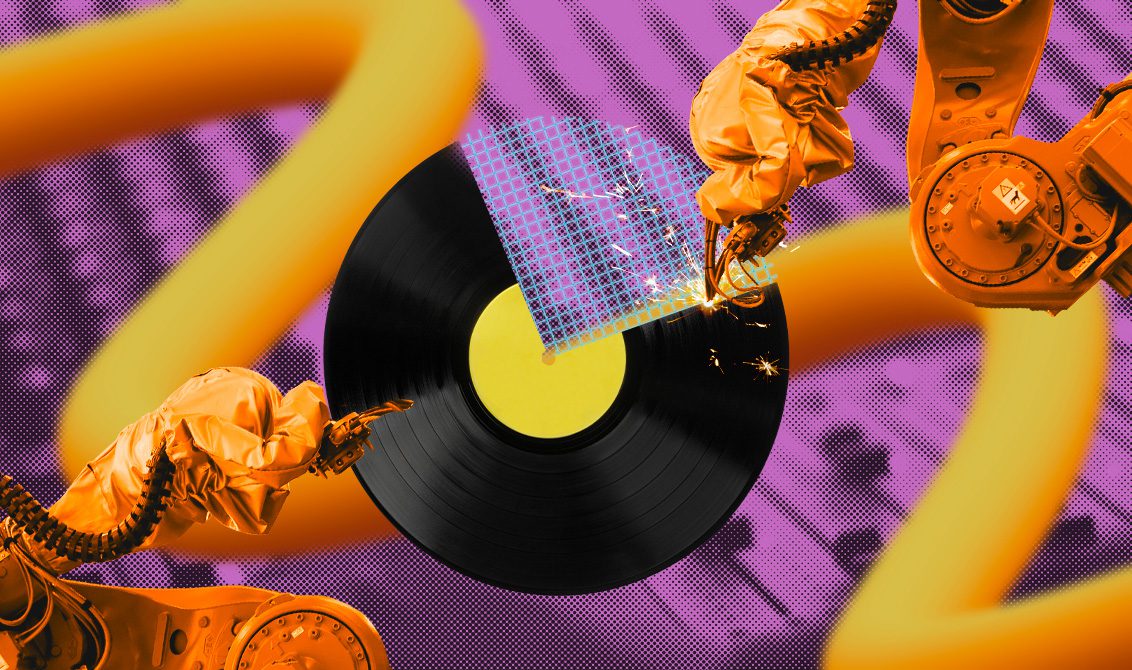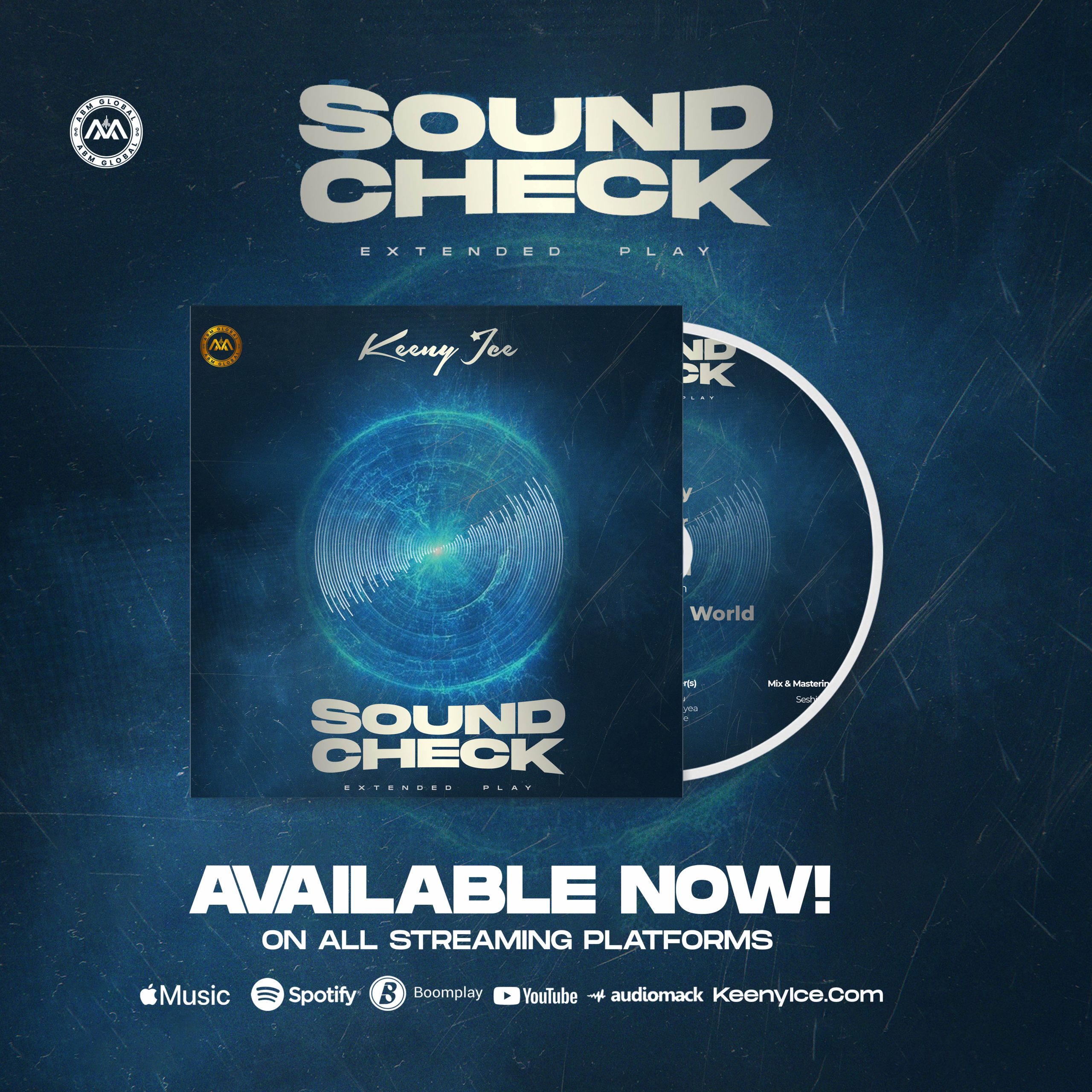First things first: music publishing pertains to the commercialization of musical compositions, NOT to sound recordings. So, this information is relevant to songwriters, not to recording artists — although if you both write and perform, self-publishing can be very relevant.
To understand why it’s so important for songwriters to have their music published, let’s take a look at how compositional royalties are distributed: typically, 50% of the royalties for composition are accorded to the writer, and 50% are accorded to the publisher. That is known as a writer’s and publisher’s share. Writer’s share always belongs to the artists, while the publisher’s share is generally split between the songwriter and their publisher as per the publishing deal.
So, if you’re only registered with your PRO as a writer (and don’t have a publishing deal in place), you’re getting only 50% of your compositional royalties. By self-publishing, you can access that other 50% and get the full royalties that you’re due.
What does self-publishing mean?
Self-publishing means that you’re not only registered as a writer but also set up a body to serve as your publisher. When self-publishing your music, you hold all the rights, IP, publisher’s credit, and songwriter’s credit. You get all the royalties and full control of the compositional copyright. But, in turn, you have to take on all of the duties of a publisher as well.
Self-publishing your music isn’t as hard as you might think: it just requires registering as a publisher with a PRO. The tough part is taking on the actual role of a publisher: promoting your music, connecting with recording artists, and maximizing your royalty cashflows.
Make sure your music hasn’t been published yet
This might seem a bit out there, but you might’ve already accidentally published your music — it’s easier than you might think. For instance, when distributing your music through aggregators like TuneCore or CDBaby, you can opt-in for the publishing administration services without even realizing it. So, first and foremost, make sure that your compositions haven’t been published yet.
Register with the PRO of your choice as a publisher
Performance Rights Organizations (PROs) collect all royalties for songwriters — both for the writer and the publisher — so to get the publisher’s share of the royalties, you have to register with a PRO.
Most of the PROs make it simple for you to join as a publisher: typically, you don’t even need to set up a micro-company to serve as your publisher. To register as a publisher with ASCAP, for instance, all you need is an address, an email, and a US tax ID number.
Promote your compositions
Now, the previous two steps are easy enough to complete, and once you do, you can start earning the publisher’s share on top of the writer’s share.
But be mindful — if you self-publish your music, you don’t have a publishing company on your side, which is often integral to your success as a songwriter. So, if you hope to build a songwriter’s career (which probably means that you don’t record your own music), you need to pound the pavement and get your compositions out there. That means networking, writing for better artists, pitching your compositions to music supervisors and hunting down sync opportunities, etc.
Self-publishing might seem like an intimidating and complicated endeavor, but if you don’t have a publishing deal on the table it may also be your only resort. To be successful as a songwriter without the backing of a publisher, you’ll have to be enterprising, to say the least: in fact, your ability to network in the industry might be just as important as the quality of the songs you write. You’ll also have to master some of the tedious details of administration. And all of this on top of your regular songwriting duties! But, if you can pull it off, you get twice the royalties and total creative control over the direction of your career.

